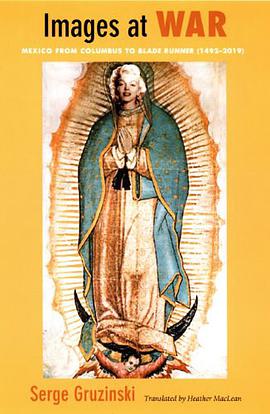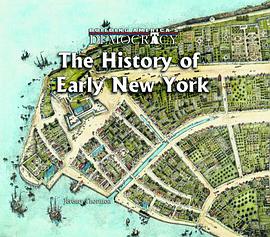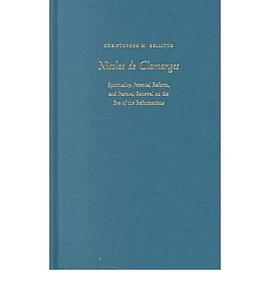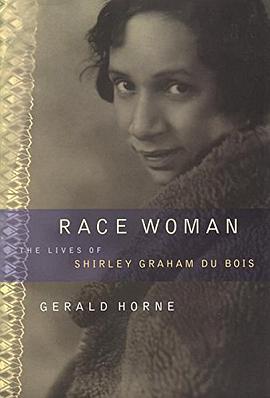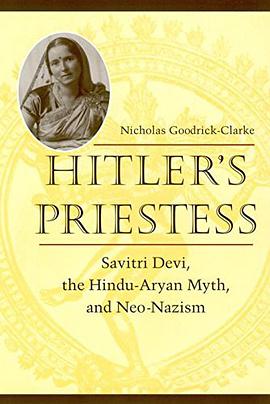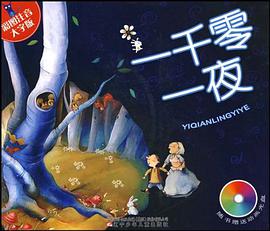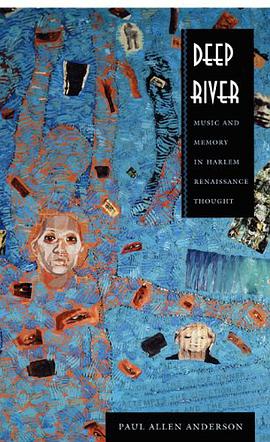

具體描述
"The American Negro," Arthur Schomburg wrote in 1925, "must remake his past in order to make his future." Many Harlem Renaissance figures agreed that re-framing the black folk inheritance could play a major role in imagining a new future of racial equality and artistic freedom. In "Deep River" Paul Allen Anderson focuses on the role of African American folk music in Renaissance aesthetic and political debates about racial performance, social memory, and national identity. "Deep River" elucidates how spirituals, African American concert music, the blues, and jazz became symbolic sites of social memory and anticipation in the era of the Harlem Renaissance. Anderson traces the roots of the period's musical debates to the American and European tours of the Fisk Jubilee Singers in the 1870s and to W. E. B. DuBois's influential writings at the turn of the century about folk culture and its bearing upon racial progress and national identity.He details how musical idioms spoke to contrasting visions of New Negro art, folk authenticity, and modernist cosmopolitanism in the works of DuBois, Alain Locke, Zora Neale Hurston, Langston Hughes, Jean Toomer, Sterling Brown, Roland Hayes, Paul Robeson, Carl Van Vechten, and others. In addition to revisiting music's place in the culture wars of the 1920s, "Deep River" provides fresh perspectives on the aesthetics of race and the politics of music in Popular Front and Swing Era music criticism, African American critical theory, and contemporary musicology. "Deep River" offers a sophisticated historical account of American racial ideologies and their function in music criticism and modernist thought. It will interest general readers as well as students of African American studies, American studies, intellectual history, musicology, and literature.
著者簡介
圖書目錄
讀後感
評分
評分
評分
評分
用戶評價
相關圖書
本站所有內容均為互聯網搜索引擎提供的公開搜索信息,本站不存儲任何數據與內容,任何內容與數據均與本站無關,如有需要請聯繫相關搜索引擎包括但不限於百度,google,bing,sogou 等
© 2025 book.quotespace.org All Rights Reserved. 小美書屋 版权所有



